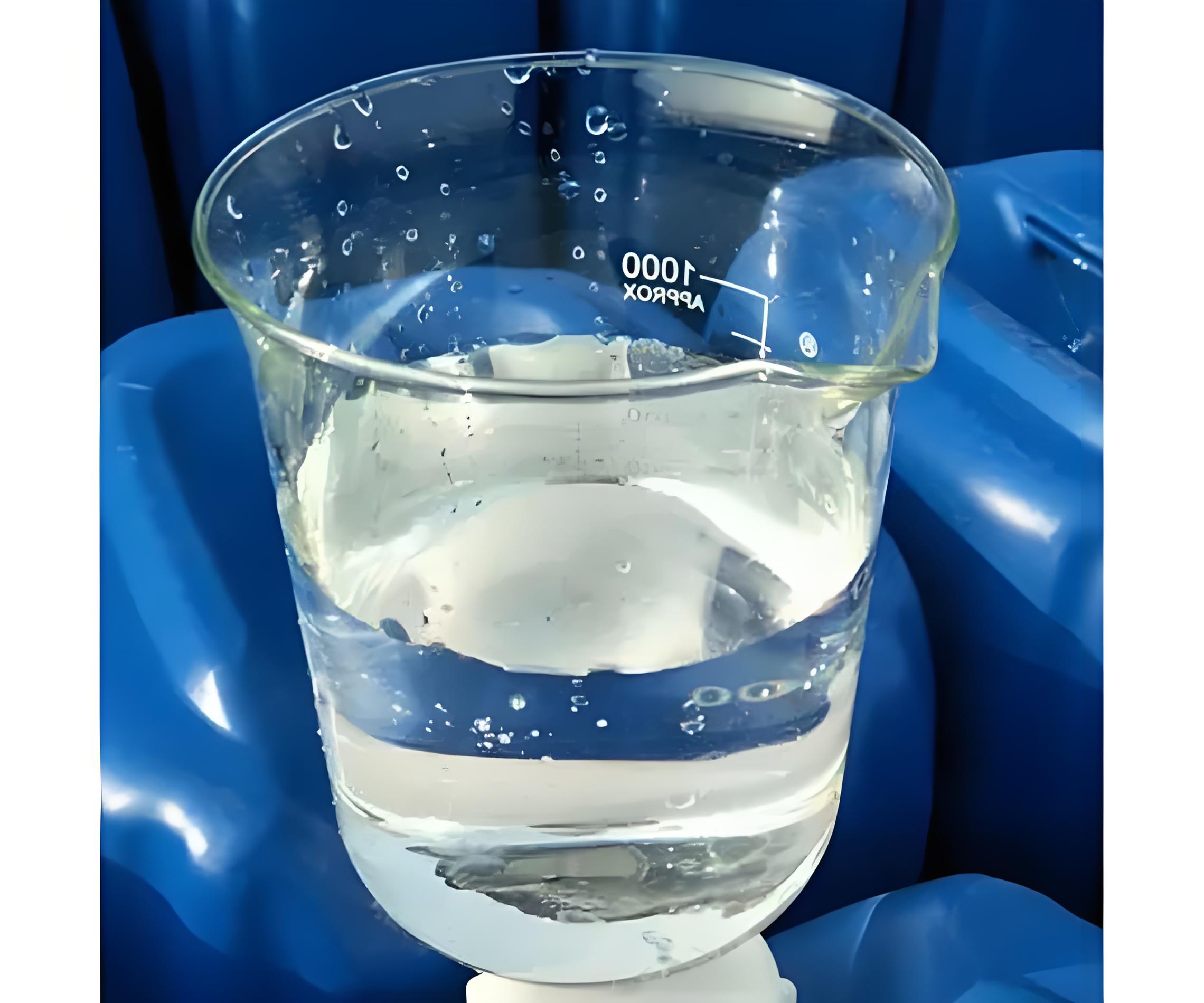Water treatment agents refer to chemicals added during water treatment to remove most of the harmful substances in water (such as corrosive substances, metal ions, dirt and microorganisms, etc.) and obtain civil or industrial water that meets the requirements. Water treatment agents are an important category of fine chemical products and have strong specificity. Different water treatment agents are required for different purposes and treatment objects.
Introduction:
Water treatment agent is a general term for chemical agents used for water treatment, which are widely used in industrial sectors such as petroleum, chemical industry, metallurgy, transportation, light industry, and textiles. Water treatment agents include corrosion inhibitors, scale inhibitors, bactericides, flocculants, purifiers, cleaning agents, pre-filming agents, etc. In practical applications, water treatment agents with compound formulas are often used, or various water treatment agents are used in combination. Therefore, it is necessary to pay attention to the antagonism between the components due to inappropriate compounding, which reduces or loses the effect, and to make full use of the synergistic effect (the synergistic effect produced when several agents coexist) to increase the effect. In addition, most water treatment systems are open systems with a certain amount of emissions. When using them, the impact of various water treatment agents on the environment must be considered. Common water treatment agents include: flocculants, ferrous sulfate heptahydrate, polyferric salts, calcium hydroxide, ferric chloride hexahydrate, bactericides and algaecides, chlorine dioxide, scale inhibitors and corrosion inhibitors, polyacrylamide (cationic, anionic, non-ionic), polyaluminum chloride, polyaluminum ferric chloride, ferrous sulfate, etc.
Corrosion inhibitors
A class of chemicals that can prevent or slow down the corrosion of metal materials or equipment by water after being added to water in appropriate concentrations and forms. They have the characteristics of good effect, low dosage, and easy use. There are many types and varieties of corrosion inhibitors. According to the type of their compounds, they can be divided into inorganic corrosion inhibitors and organic corrosion inhibitors. According to whether the reaction they inhibit is an anodic reaction, a cathodic reaction, or both, they can be divided into anodic corrosion inhibitors, cathodic corrosion inhibitors, or mixed corrosion inhibitors. Corrosion inhibitors can also be divided into passivation film type, precipitation film type, and adsorption film type according to the mechanism of forming a protective film on the metal surface. Commonly used passivation film type corrosion inhibitors in water treatment include chromates, nitrites, molybdates, etc.; commonly used precipitation film type corrosion inhibitors include polyphosphates, zinc salts, etc.; commonly used adsorption film type corrosion inhibitors include organic amines, etc.
Dispersant
The earliest scale inhibitor dispersant was polyacrylic acid (sodium), which has good scale inhibition performance against calcium carbonate scale, but has extremely low inhibitory effect on calcium phosphate deposition.
HEBEI FIZA TECHNOLOGY CO., LTD
The core is R&D, the emphasis is production, integrity is quality, the goal is to be the first in China and the top 10 in the world















